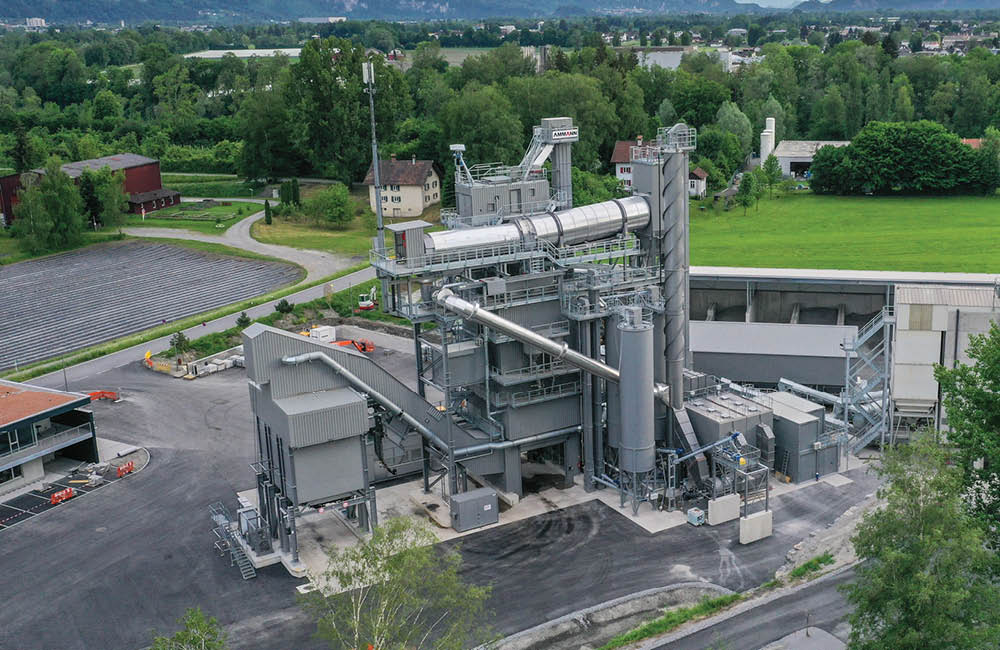
Together the seven groups are calling on the policymakers to recognise these benefits and facilitate the upscaling of co-processing with a more supportive EU regulatory framework. They state that the European Commission and the national authorities should recognise cement co-processing as a recycling process to allow the EU to foster industry growth and ensure a circular future for the cement and composite material sectors.
Composite materials, a combination of reinforced fibres (usually glass or carbon fibres) and a polymer matrix, are known for their durability, exceptional chemical and heat resistance properties. They are, therefore, extensively used across various sectors, including wind, marine, infrastructure, and industrial markets.
Whilst their durability is a great advantage during their operational lifetime, recycling end-of-life composite materials has been technically challenging due to the difficulty of separating the constituent fibres and polymers.
The position paper states that cement co-processing offers a sustainable and circular solution to this challenge. Co-processing allows for the comprehensive recycling of end-of-life composite materials with glass fibres while mitigating climate change by reducing natural raw materials in cement manufacturing and replacing fossil energy sources.
CEMBUREAU says it is very pleased to join this crucial initiative that reinforces its ongoing efforts towards decarbonisation and sustainability, in line with its Carbon Neutrality Roadmap for 2050. The association adds: "By endorsing sustainable recycling solutions for end-of-life composite materials, we contribute to a broader commitment to a circular economy within the European cement and construction sector."
The seven associations are further collaborating to promote sustainable recycling approaches for end-of-life composite materials, with more actions planned in the coming months.














